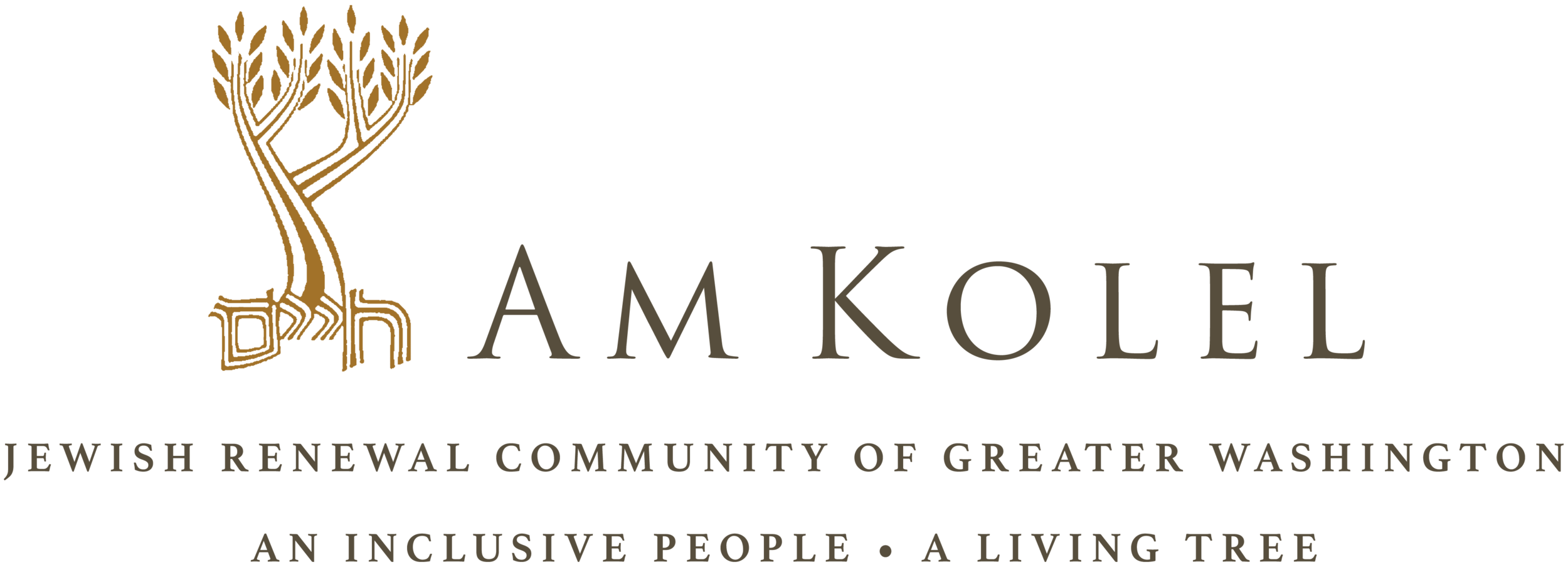This Shabbat we conclude the Book of Numbers
This Shabbat we conclude the Book of Numbers with great emphasis on the seriousness of vows and how we use our words. Dramatically, the Parsha also describes the battles with forces that threaten the new nation and her unique mission. The verses of the Torah describe the “holy war” to crush the Midianites. A Hassidic master, the Ishbitzer, noted how the word Midian shared the same letters as the Hebrew word for illusion, Dimyon.
The Parsha, Matot, also describes how the land is divided up among the various tribes and notes how a few of the tribes insist on living outside the land. Those tribes living outside the land promise to support and protect those living on the land. The idea of being a transnational people is perhaps birthed here.
The second Parsha this week, Massei, recounts the 42 stops or transition points of the Israelites on their way to Canaan. Our sages liken these places on the journey to our own personal journeys in life. A valuable exercise you may wish to do is to sit down at your computer and list the transition points, or points of particular growth on your own journey. Perhaps we can share our “places of growth” with each other this coming Shabbat.
This Shabbat is also Chodesh Av. We now enter the nine days before Tisha b’Av, a national day of mourning. What can we do to offer a tikkun at this time?
For many of us this past year has often felt like an extended period of mourning. But, for many, is has been an extended opportunity for reflection and growth.
Going back to the Parsha, perhaps we have learned to choose our words better, perhaps we have wrestled more with our illusions, perhaps we have felt more compelled to support our brothers and sisters in need, and perhaps, we have gotten closer to the land of Promise.
Kadimah,
Reb David
